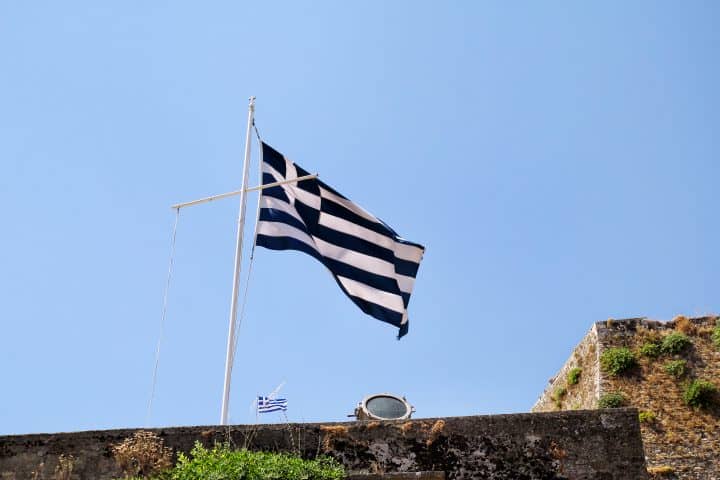 Alexander Ypsilanti, also known as Alexandros Ypsilanti, is considered to be one of the founders of Modern Greece. However, during his lifetime, he suffered many tragedies. He died in prison at the age of 35 after spending most of the War for Greek Independence, but his contribution to the history of Greece was important. His contributions to the efforts of Greek revolutionaries to establish Greece as a modern nation state assisted the establishment of an independent government in Greece in 1832, a few years after his death. Here’s more information about him:
Alexander Ypsilanti, also known as Alexandros Ypsilanti, is considered to be one of the founders of Modern Greece. However, during his lifetime, he suffered many tragedies. He died in prison at the age of 35 after spending most of the War for Greek Independence, but his contribution to the history of Greece was important. His contributions to the efforts of Greek revolutionaries to establish Greece as a modern nation state assisted the establishment of an independent government in Greece in 1832, a few years after his death. Here’s more information about him:
Three Empires Collide
During the 1700s, geopolitical tensions occurred in the Balkans and much of southeastern Europe due to ongoing conflicts between three powerful monarchies: the Ottomon Empire, the Russian Empire, and the Austro-Hungarian Empire. During the 1700s, the lands which today form the modern nation of Greece remained largely under the rule of the Ottoman Empire. A long history of warfare and deep ethnic and religious conflicts made the political relationships across the region complex.
During the late 1700s, an additional source of tension impacted people in Southeastern Europe and Greece. The Enlightenment, an intellectual movement which emphasized the importance of reason, science, and constitutional government, gradually gained popularity. These concepts helped precipitate the American Revolution and the French Revolution. By the early 1800s, many Greeks desired political independence from the Ottoman Empire.
Life of Alexander Ypsilantis
Alexander Ypsilantis spent much of his teenage years as a political refugee. Born in 1792 in Constantinople, he fled with his family to Russia when a war broke out between the Ottoman Empire and the Russian Empire in 1805. His father, of Greek ancestry, and his mother, both belonged to members of the nobility in a region near the Black Sea (now included within Romania). In Russia, the Ypsilantis children studies several languages. Alexander spoke fluent French, Russian, German and Romanian.
He received an invitation to visit the Court of the Tsar of Russia. In 1808, at the age of 16, he joined a Russian military mounted brigade. During this period, Tsar Alexander I entered into an alliance with several other European monarchs against France. A general named Napoleon had assumed power shortly after the French Revolution. The French army invaded Russia. Alexander Ypsilantis served in the Tsar’s military forces, opposing Napoleon. He lost his right arm during the fighting. By the age of 25, Alexander Ypsilantis had become a general.
Planning Greek Independence
In 1820, members of a clandestine group hoping to promote the independence of Greece from the Ottoman Empire elected Alexander Ypsilantis as their leader. He reportedly sought to encourage a rebellion in Wallachia and Moldova (in Romania) after a powerful Ottoman warlord revolted against the Sultan. He apparently hoped the insurgency in early 1821 would permit revolutionaries in Greece to declare independence and possibly receive Russian assistance.
Instead, his four-month long military campaign failed to arouse widespread support. Authorities of the Austro-Hungarian Empire imprisoned him in Theresienstadt until 1827. Tsar Nicholas I arranged for his release. Alexander Ypsilantis died in Vienna in early January, 1828.
Source:

